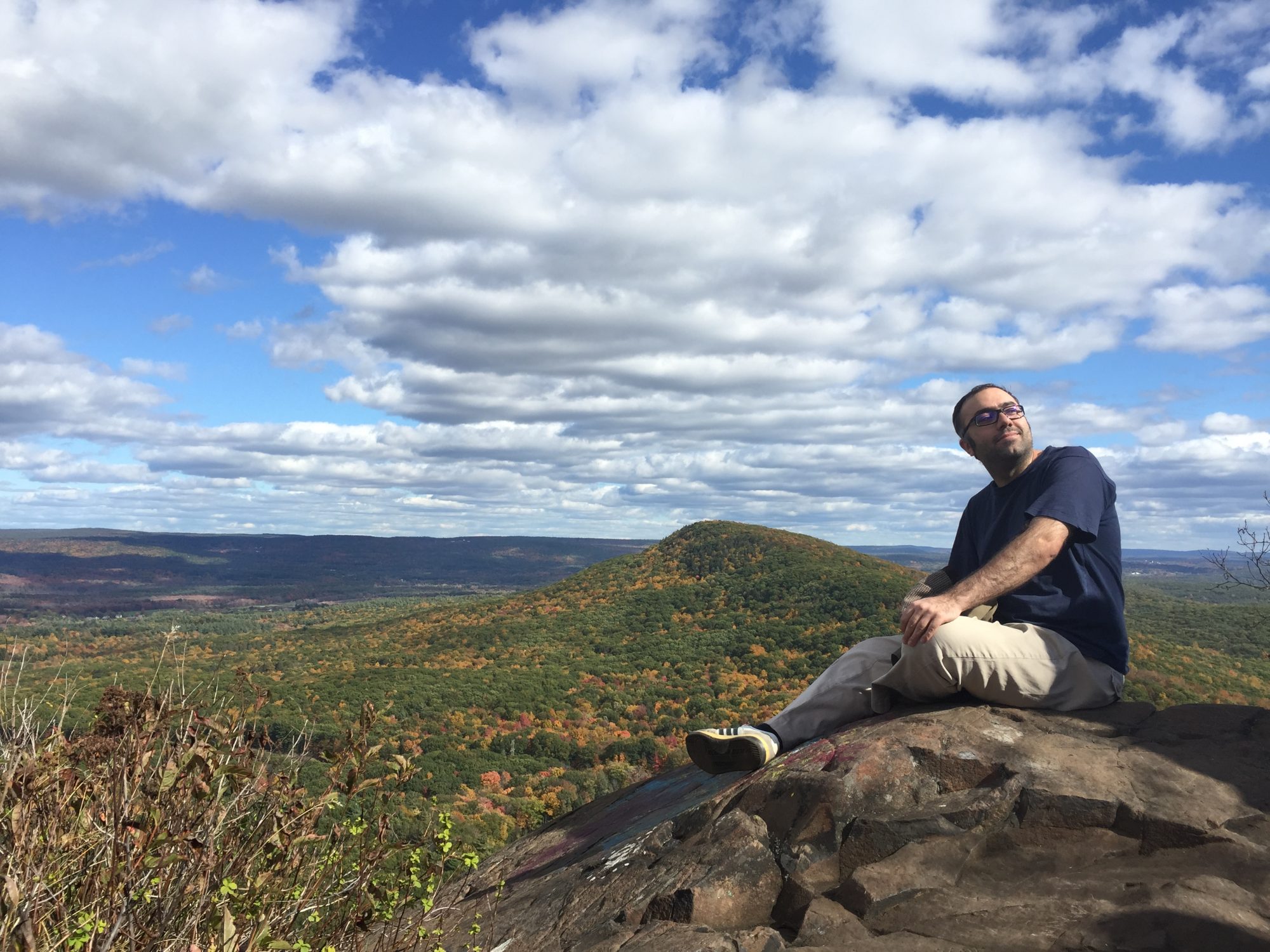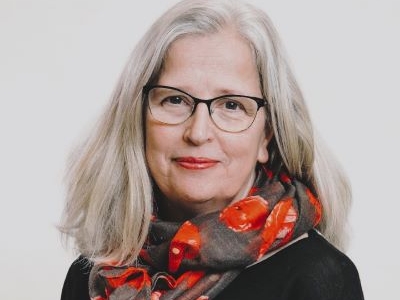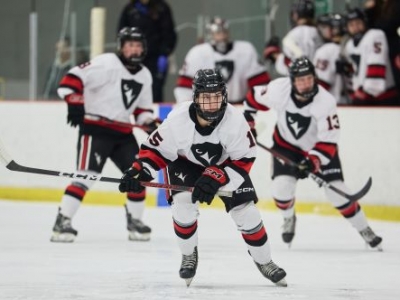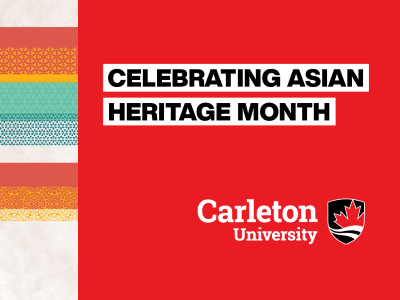Social movements try to wage social change in various contexts such as racial justice, immigration policies, environmental issues, and the like. And they use various strategies to do so, ranging from violent to nonviolent strategies.
PhD student Nima Orazani, is investigating which of these strategies increases the likelihood of success for social movements.
“It is important to know how people react to these varied strategies and why they react the way they do,” explains Oarzani. “By addressing these questions, members and leaders have an opportunity to make an informed decision when it comes to adopting their strategy.”

Orazani says growing up in a country (Iran), “in which most of civil and political rights are stripped from people, including participating in a peaceful demonstration,” prompted him to research in this area.
Orazani, who is pursuing his PhD in Psychology, is also a cotutelle student which will allow him to gain two degrees, one from Carleton and one from his home university – the University of Massachusetts (Amherst).
He says that there are many advantages in pursuing a cotutelle. “First, you get to see different countries, cultures and people. Second, you get to work in different universities and with different advisors. So, you can see how different advisors work, learn from them, and make more connections in a new place.”
The cotutelle has allowed Orazani to compare studying in the U.S. vs. Canada. “Most of the advantages and disadvantages that apply to living in the U.S. and Canada would also apply to their universities,” he says. “For example, American Universities have more financial resources. As an Iranian student, I feel way better in Canada than the U.S. considering the new administration in the U.S. and the travel ban and xenophobic narrative it has been promoting.”
After the first travel ban, Orazani decided to pursue a cotutelle so he would spend less time in the U.S. As Carleton Prof. Michael Wohl was also researching in the area of collective action, he decided to come to Carleton to work with him. “It’s hard to work on intergroup conflict and not to know of Michael. Without any exaggeration, he is one the most renowned social psychologists.”
“From the beginning of the process, there were various barriers but Michael has been always been there for me, and I really mean it. He helped me a lot through paperwork and all that. His support is not limited to bureaucratic stuff though. As an advisor he has been so helpful and I learn a lot from him.”
For more information about cotutelles, click here.
For more information about the PhD program in Psychology click here.
Wednesday, August 8, 2018 in Grad Student Research, News
Share: Twitter, Facebook




